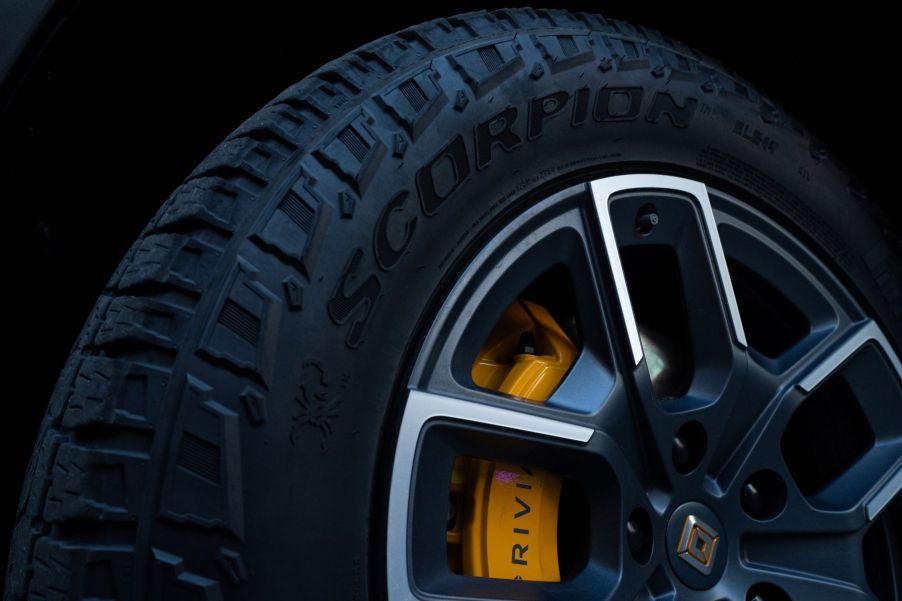
2 Reasons Why Electric Cars Burn Through Tires Faster Than Gas-Powered Vehicles
EVs will be the future of personal transportation, and while electric vehicles solve many of the problems related to regular cars, EVs also have some unique issues of their own. The most obvious example is range anxiety, which is steadily improving, but EVs also have a problem related to their tires, which will require owners to get a special type of tire for their EV. It all boils down to EVs burning through their tires faster than gas-powered vehicles, and here’s a look at two reasons why that happens.
1. EVs are currently much heavier than their gas-powered counterparts
According to Clean Fleet Report, one of the main reasons why EVs burn through their tires faster than ICE cars do comes down to weight. Currently, the average EV will be heavier than a similar gas-powered car, and this trend applies to every segment. A Tesla Model 3, for example, will be heavier than most other compact cars. It’s the same story for electric SUVs like the Kia EV6 and electric trucks like the Ford F-150 Lightning.
The weight difference can vary, but it’s usually a lot. For example, the F-150 Lightning is 1,600 pounds heavier than the regular F-150. This all comes down to the battery. One area where gas has the advantage over EVs is energy density, which means that you need less gas to get the same amount of energy as a battery.
As a result, automakers that want to add more range to their EV will need to increase the size of the battery. This, in turn, adds more weight to the car overall. That extra weight makes the tires work harder when on the road, which leads to those tires getting worn down faster.
2. EVs get instant torque, and that’s a double-edged sword

One advantage of EVs is that even weak and cheap EVs tend to get respectable or even great acceleration times. This is thanks to the fact that, as Clean Fleet Report wrote, electric motors tend to generate more torque, and that torque tends to be delivered instantly. As a result, the cheap Chevy Bolt can accelerate from 0 to 60 mph in just 6.5 seconds.
The problem with this, however, is that when a driver puts their foot down, the motors immediately put a lot of heavy pressure on the EV’s tires. That large amount of pressure creates a lot of friction, which in turn creates a lot of wear and tear. That being said, these issues shouldn’t turn drivers off from owning an EV, as they are solvable problems.
Getting the correct tires solves these issues, so it’s not a huge deal
While these issues will affect EVs, there are already special EV tires that will help improve things. For example, EV tires are designed to handle the instant torque of electric motors better than regular tires. These special EV tires are also more durable overall, but they typically cost more as well. Another upside of those special tires is that they’ll typically reduce the noise level that drivers and passengers hear inside the cabin.
On top of that, automakers are aware of how heavy EVs are getting, and many scientists and engineers are trying to make lighter batteries that will still get a lot of range. Plus, the fact that EVs typically need less maintenance in almost every other area means that, overall, EVs are still better than regular gas-powered cars.


